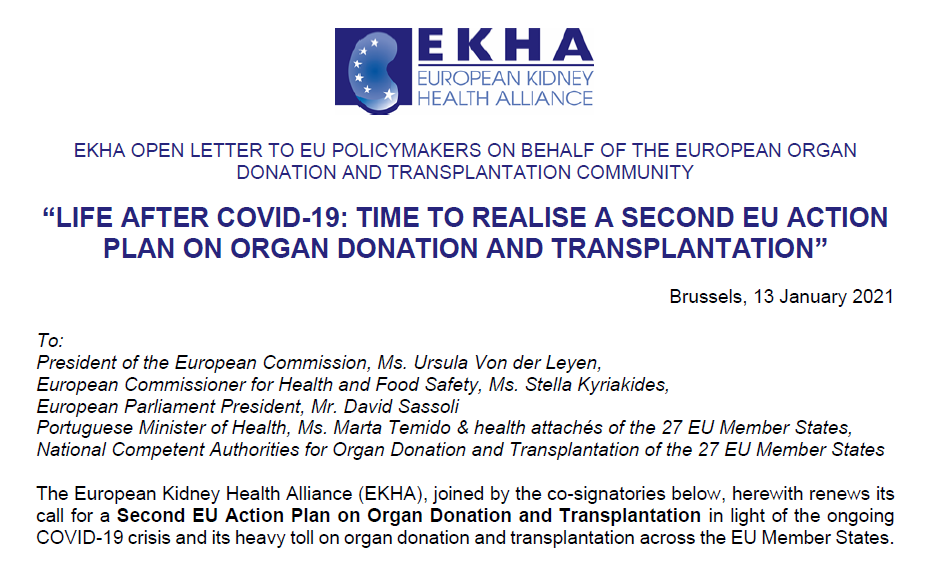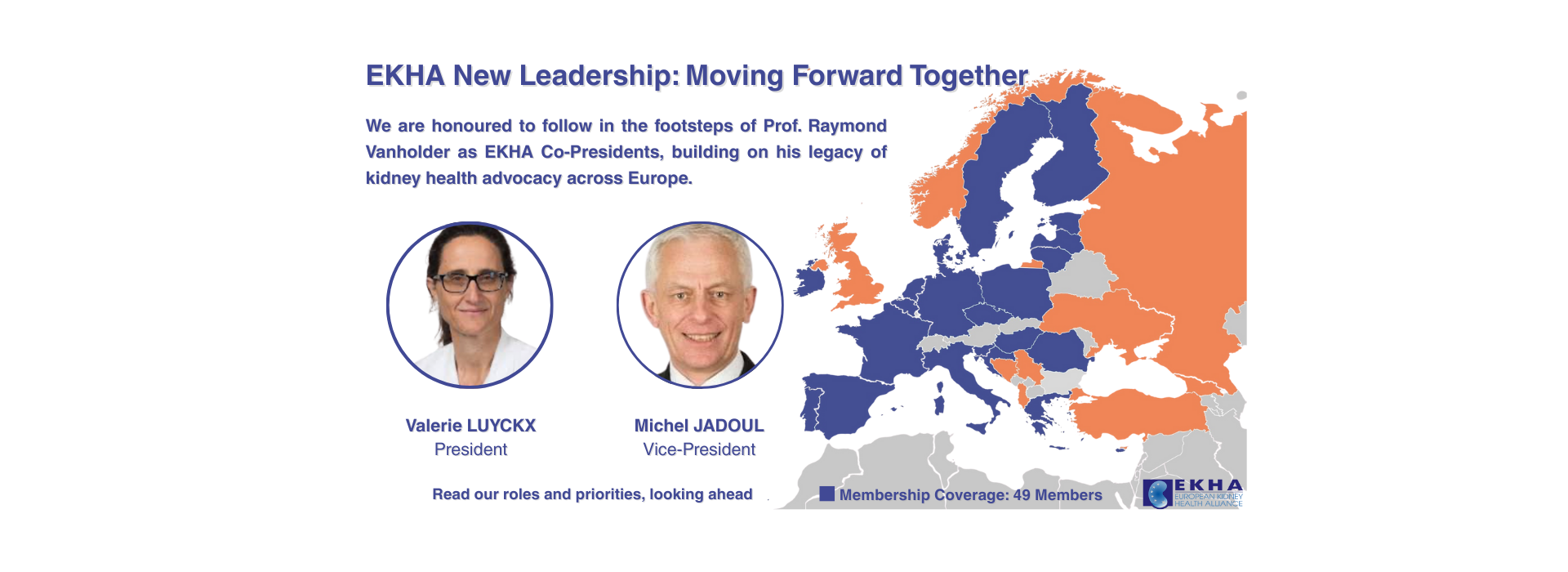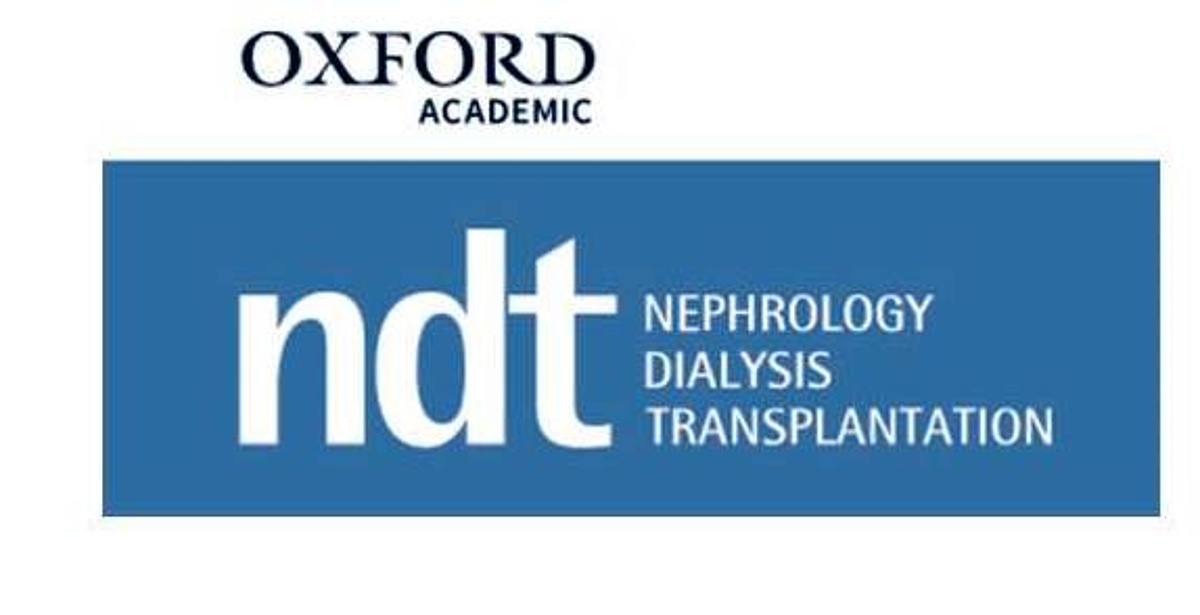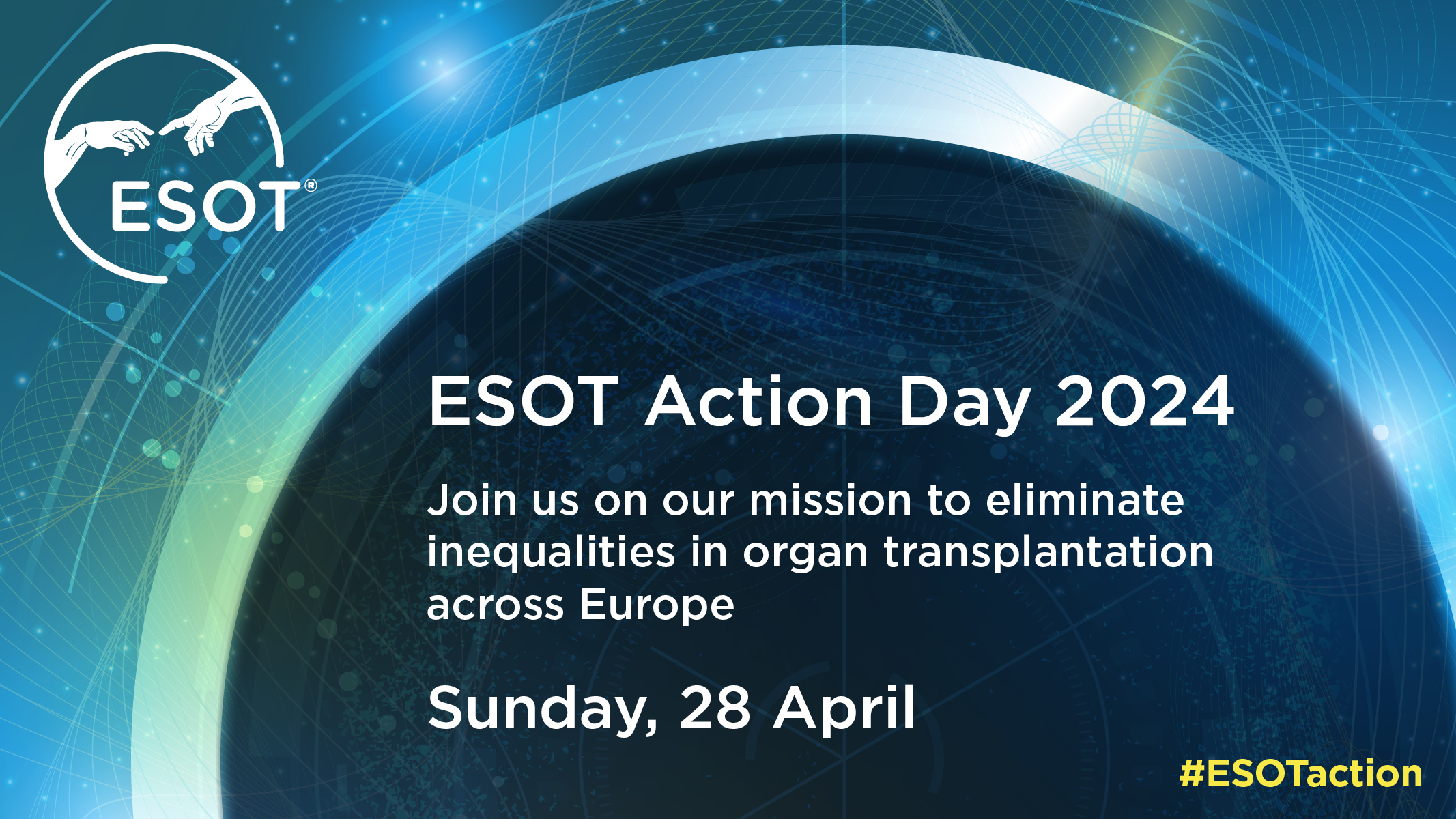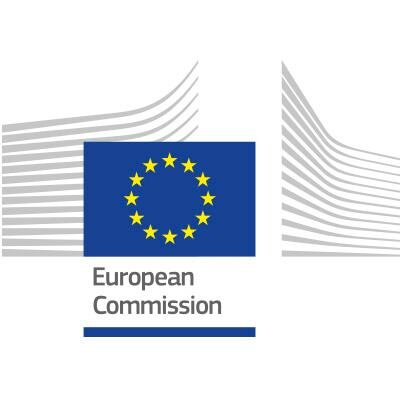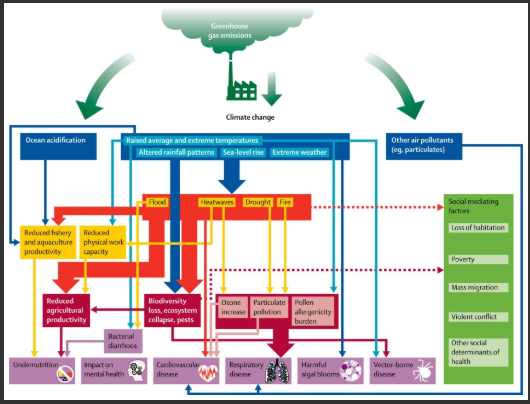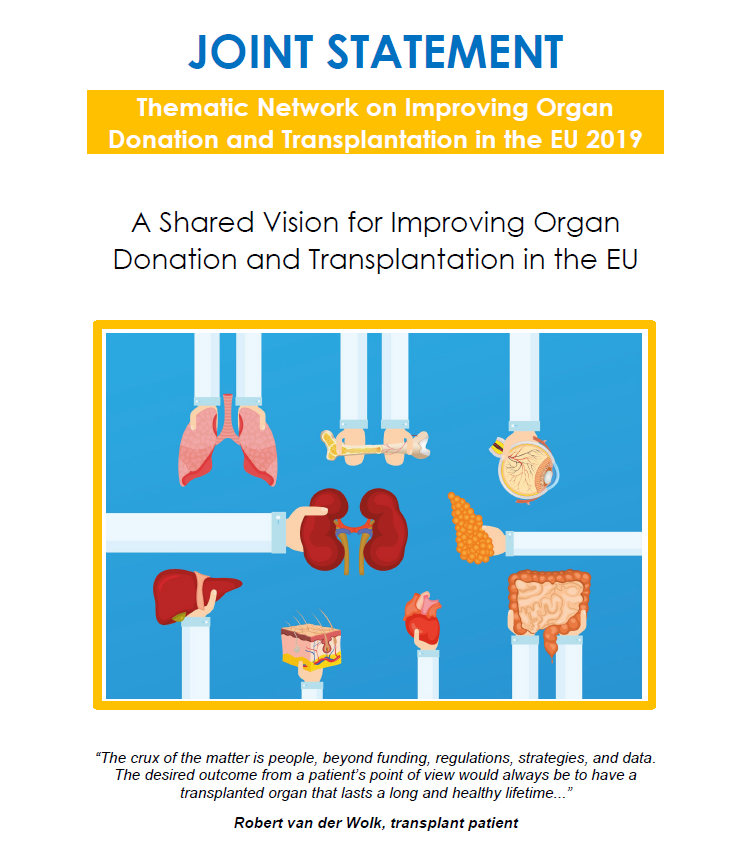EKHA open letter to EU policymakers “Life After COVID-19: Time to Realise a Second EU Action Plan On Organ Donation and Transplantation”
On 13 January 2021, the European Kidney Health Alliance (EKHA) published an open letter calling for a new EU Action Plan on Organ Donation and Transplantation in light of the devastating impact of the COVID-19 pandemic. Addressed to EU policymakers, the open letter has been endorsed by 91 stakeholders, including:
- 20 Members of the European Parliament (MEPs) supporting the MEP Group for Kidney Health
- 12 National Competent Authorities for Organs
- 59 stakeholder organisations
YOU CAN ACCESS THE OPEN LETTER AND VIEW THE FULL LIST OF ENDORSERS HERE.
The launch of the open letter coincides with the official presentation of the priorities of the Portuguese Presidency of the Council of the European Union. While organ donation and transplantation is not specified in the announced priorities of the Portuguese Presidency, it is closely linked to the Presidency’s commitment to “promote increased cooperation between Member States in the field of Health, supporting the measures needed to increase the response capability of health services to threats to public health” . EKHA and co-signatories therefore call on Portugal, as a leading country in the field whose national organ donation reform model has been an inspiring example for other countries, to help pave the way for the realisation of a new EU Action Plan on Organ Donation and Transplantation. Although organ donation and transplantation was initially one of the priorities of the Croatian Presidency that started in January 2020, unfortunately, the onset of the COVID-19 crisis precluded the planned initiatives and actions in this area. The immense support to the open letter by the key stakeholders shows that the European organ donation and transplantation community expects the topic to be picked up as a priority once again at EU level, and hopes that the open letter can help reignite the political momentum around a new EU Action Plan.
Organ transplantation is a life-saving treatment that not only offers better quality of life for patients at a lower societal cost but also helps to improve preparedness for future public health emergencies. COVID-19 has worsened the long-standing challenges of organ donation and transplantation in the EU, including the significant gaps in donation and transplantation rates, ever-growing waiting lists and inequities in access. Furthermore, the dramatic reductions in organ donation and transplantation activity due to the pandemic has resulted in the loss of a substantial number of waitlisted patients who could have been saved with a transplant.
While plummeting transplantation rates always have profound implications for long-term outcomes, they are particularly alarming in a pandemic context, whereby minimising chronic disease patients’ need for hospital visits is of vital concern to reduce their risk of exposure as a highly vulnerable group. It has been shown that during the outbreak, the risk of being infected by COVID-19 was more than 4 times lower for kidney transplant recipients than for haemodialysis patients. This is mainly because transplant patients can be managed at home, while haemodialysis still mostly takes place in hospital settings. Therefore, promoting transplantation is integral to fostering future preparedness for other mass infectious disease emergencies we may likely encounter in the years to come.
On the other hand, despite lower infection rates, transplant patients infected with COVID-19 have been among the risk groups with the highest mortality, stressing the need for developing approaches towards lowering the risk of infectious morbidity and mortality for transplant recipients.
The open letter, therefore, urges policymakers to act now and tackle both immediate COVID-19-related issues and other persistent problems preceding the pandemic, through a long-term vision. Accordingly, it calls on the EU to realise a comprehensive follow-up Action Plan, building on the EU Action Plan on Organ Donation and Transplantation implemented between 2009 and 2015 with remarkable success. The new Action Plan should provide EU-level guidance and support to Member States in harmonising different approaches among countries, facilitating coordination and monitoring progress; to tackle the mounting pressure on national organ donation and transplantation programmes in the face of the COVID-19 pandemic and beyond.
The call to action in the open letter builds on the 2019 Joint Statement of the Thematic Network on Improving Organ Donation and Transplantation in the EU, led by EKHA. As a unique opportunity for stakeholders to shape future policy on organ donation and transplantation in Europe, the Joint Statement included actionable policy calls and recommendations to drive efforts at EU, Member State, and stakeholder level. The final document supported by 74 stakeholders was submitted to the European Commission at the end of the 2019 Thematic Network cycle.
You can download the 2019 Joint Statement here and watch its presentation to the European Commission at the 2019 annual Health Policy Platform meeting here.
For more information on EKHA’s work on organ donation and transplantation, you can register to the European Commission’s Health Policy Platform and request access to the stakeholder network on Improving Organ Donation and Transplantation in the EU coordinated by EKHA via this link. You can find a user guide to the platform here.
EKHA is grateful to all the endorsers of the open letter for their continuous support and we look forward to future collaborations to promote organ donation and transplantation in Europe.

